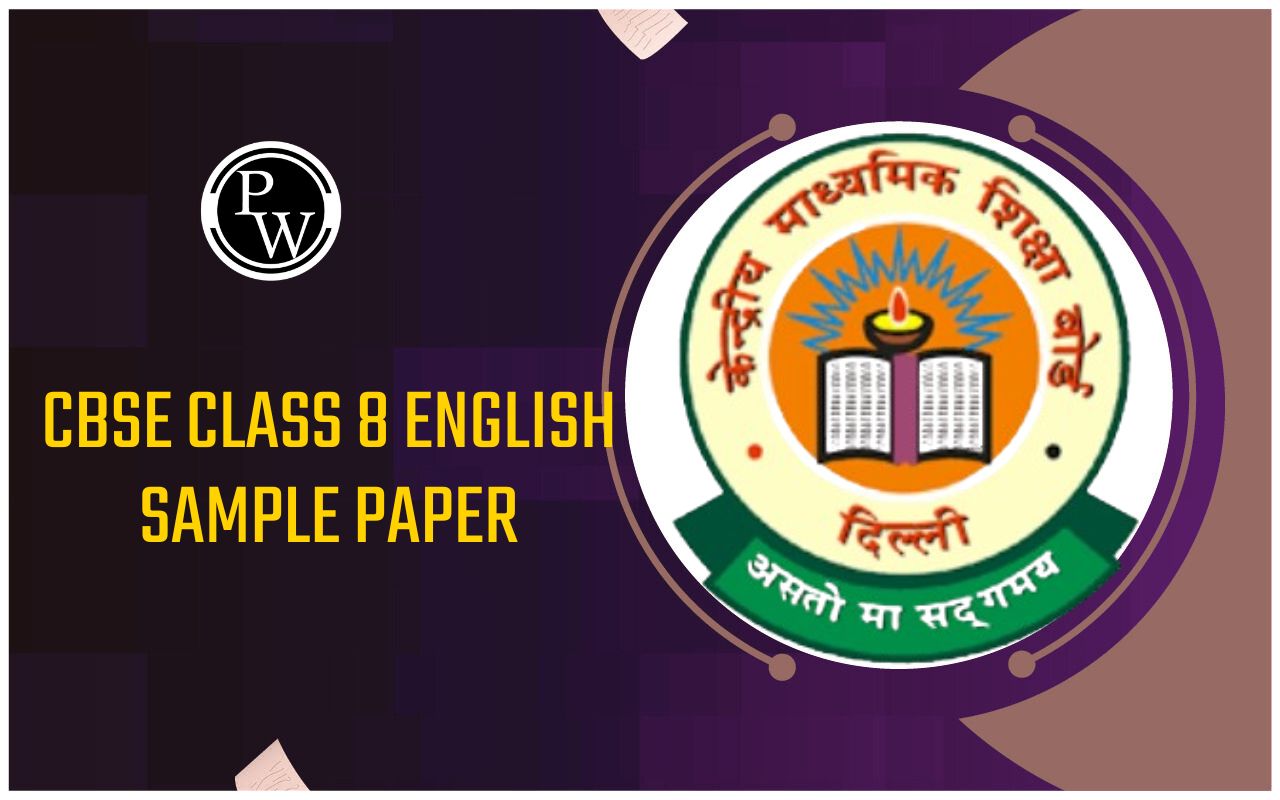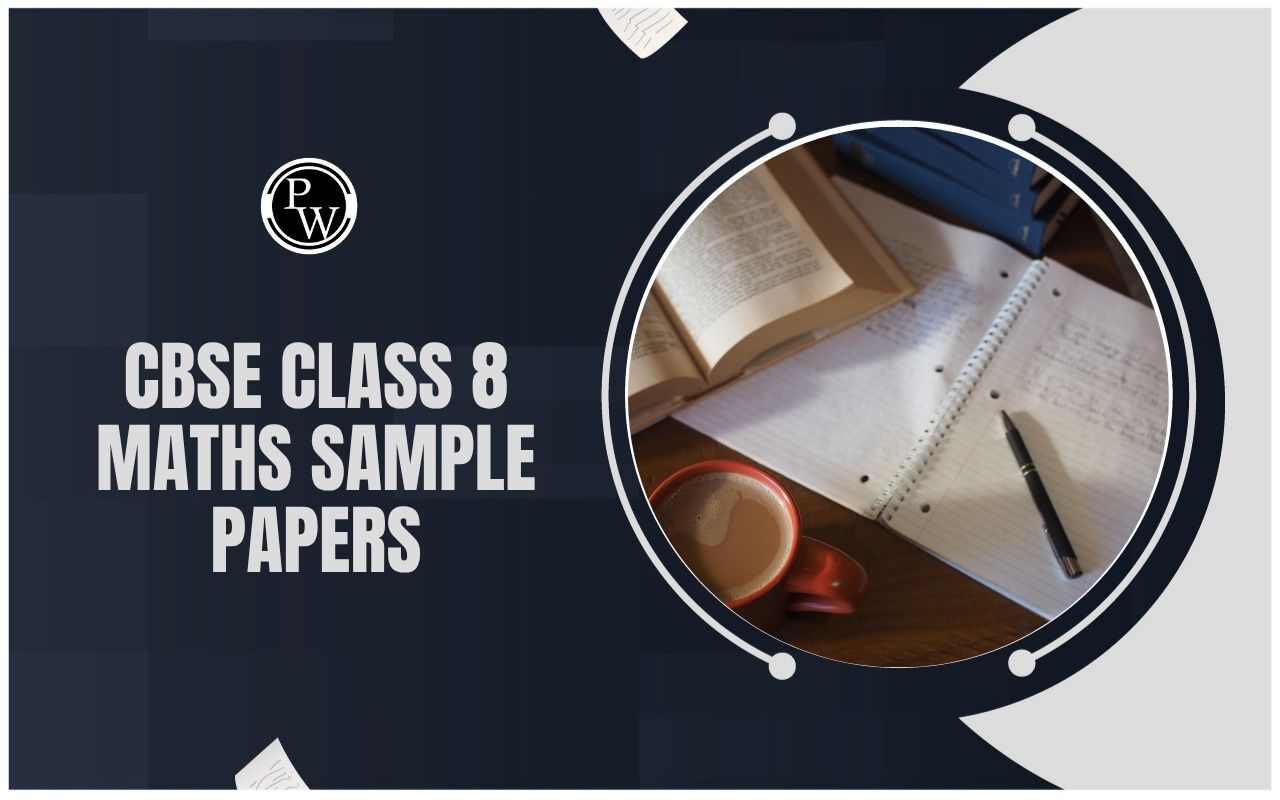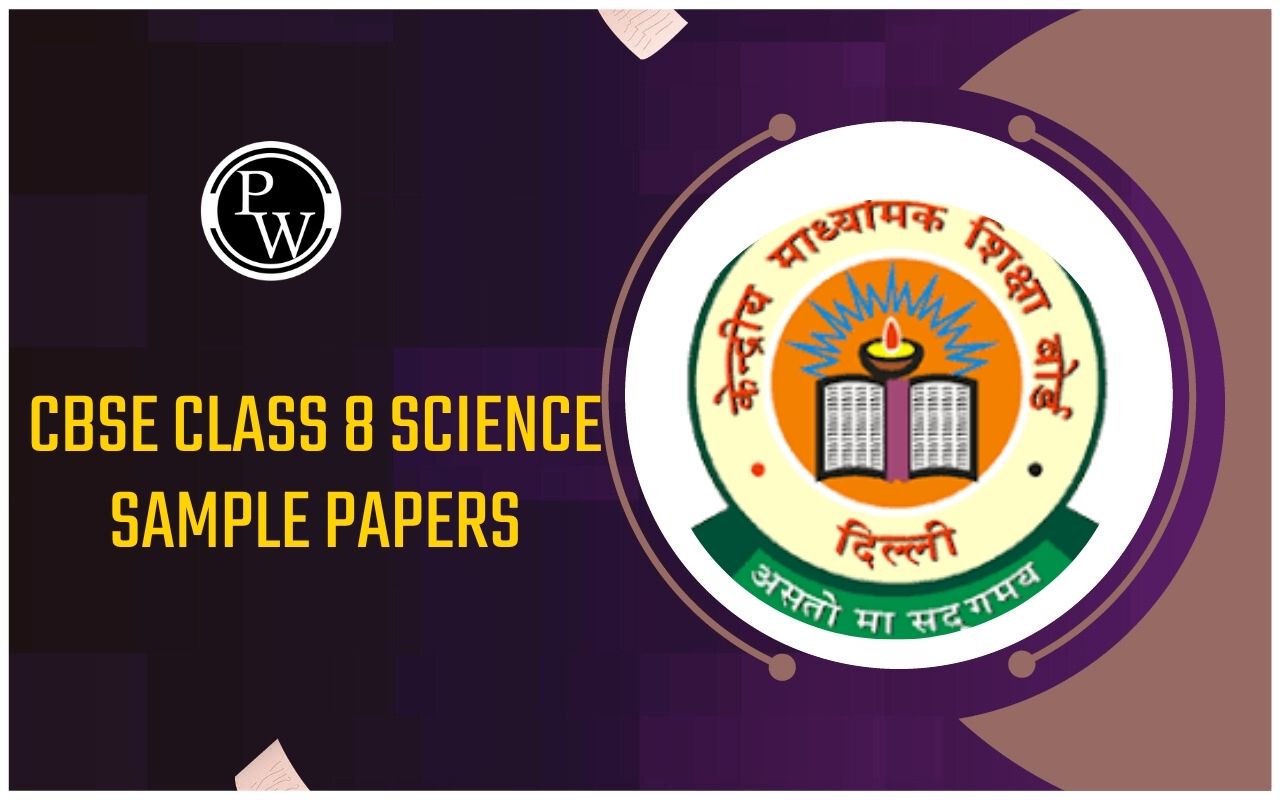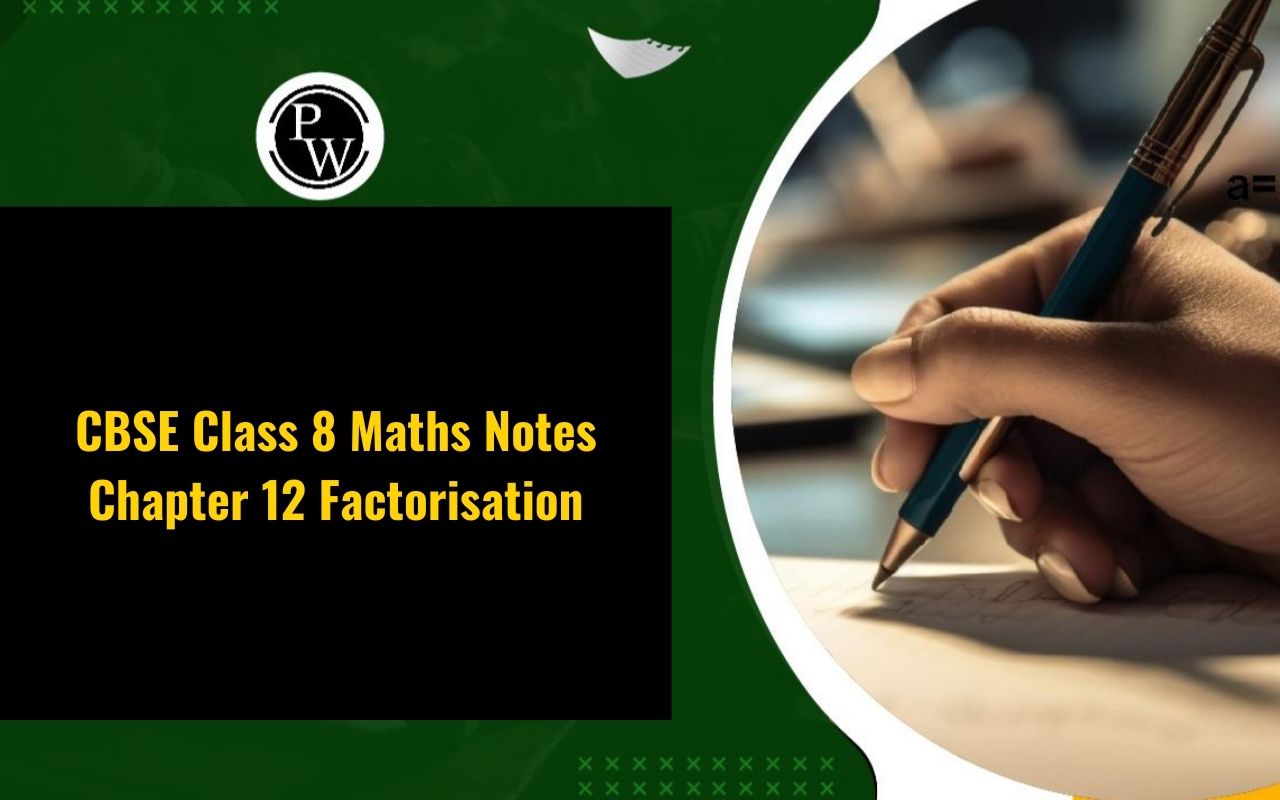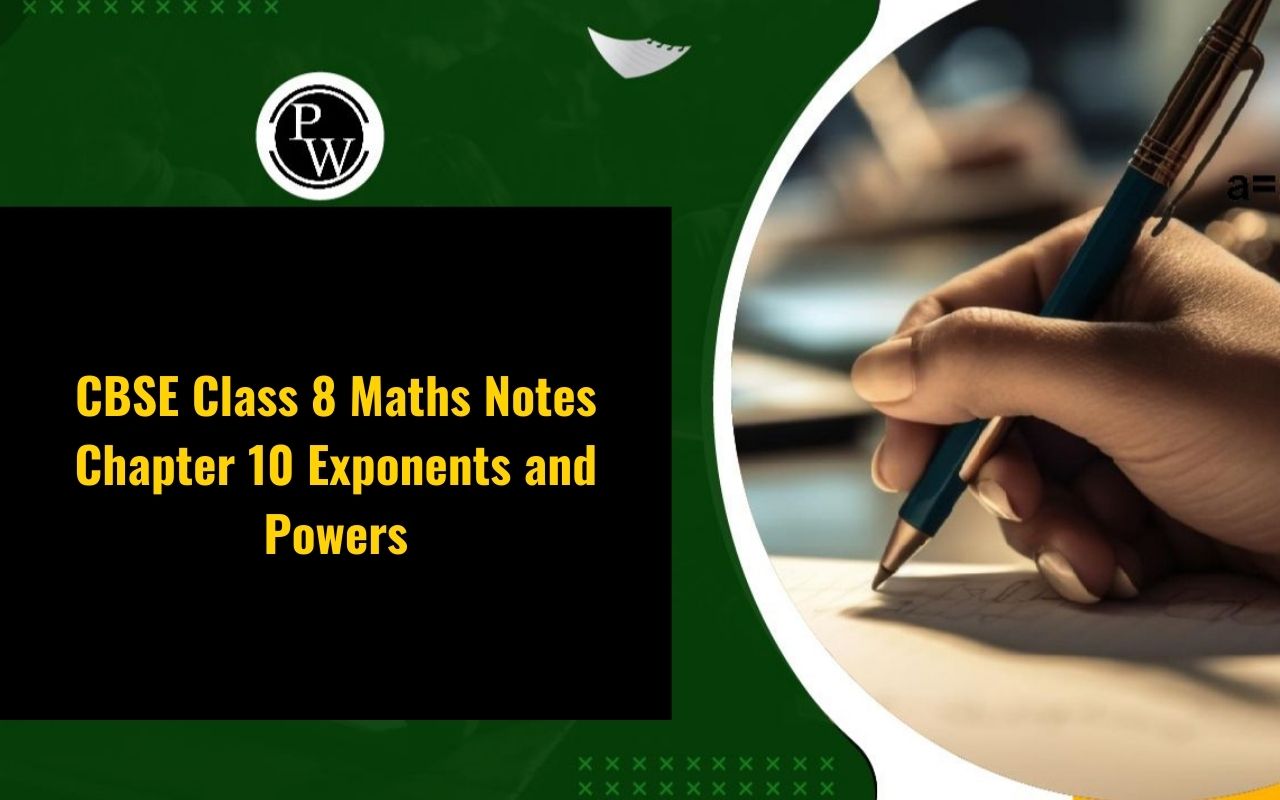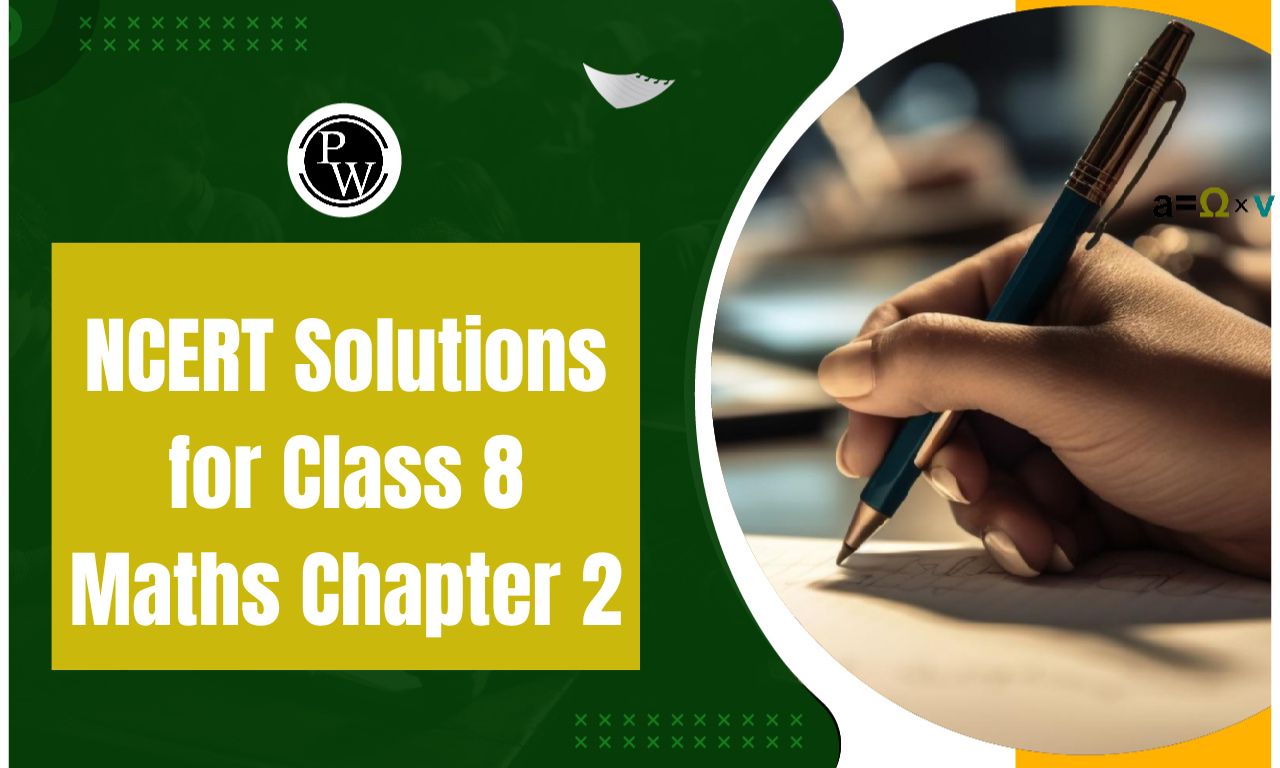
Central Board of Secondary Education (CBSE) has released the Class 8 Social Science syllabus for the academic session 2025-26. This curriculum is created to provide students with a comprehensive understanding of historical, geographical, political, and economic concepts, fostering critical thinking and analytical skills.
Aligned with the National Curriculum Framework for School Education (NCF-SE), the CBSE syllabus emphasizes competency-based learning, encouraging students to apply their knowledge to real-world situations. It integrates interdisciplinary approaches, project-based learning, and art-integrated activities to enhance engagement and practical understanding. The revised syllabus aims to develop informed, responsible, and active citizens who can contribute meaningfully to society.
CBSE Class 8 Social Science Syllabus 2025-26
CBSE Class 8 Social Science Syllabus for the academic year 2025–26 is designed to provide students with a detailed understanding of history, geography, and political science. Below is the chapter-wise breakdown of the syllabus with key subtopics for better clarity:
|
CBSE Class 8 Social Science Syllabus 2025-26 |
|
|
Subject |
Chapters |
|
History |
1. Introduction: How, When, and Where |
|
2. From Trade to Territory: The Company Establishes Power |
|
|
3. Ruling the Countryside |
|
|
4. Tribals, Dikus, and the Vision of a Golden Age |
|
|
5. When People Rebel 1857 and After |
|
|
6. Civilising the “Native”, Educating the Nation |
|
|
7. Women, Caste, and Reform |
|
|
8. The Making of the National Movement: 1870s–1947 |
|
|
Social and Political Life |
1. The Indian Constitution |
|
2. Understanding Secularism |
|
|
3. Parliament and the Making of Laws |
|
|
4. Judiciary |
|
|
5. Understanding Marginalisation |
|
|
6. Confronting Marginalisation |
|
|
7. Public Facilities |
|
|
8. Law and Social Justice |
|
|
Geography |
1. Resources |
|
2. Land, Soil, Water, Natural Vegetation, and Wildlife Resources |
|
|
3. Agriculture |
|
|
4. Industries |
|
|
5. Human Resources |
|
CBSE Class 8 Social Science Syllabus 2025-26 Chapter wise Overview
Here’s a Chapter-wise Overview of the CBSE Class 8 Social Science Syllabus for the academic year 2025-26, which covers History, Geography, and Social and Political Life:
History
-
Introduction: How, When, and Where
-
Introduces students to the basic concepts of history, such as the importance of dates, sources, and different periods in history. It also covers the methodology of historians in studying the past.
-
From Trade to Territory: The Company Establishes Power
-
Focuses on how the British East India Company gradually established control over India, from trade to territorial expansion. Key events like the Battle of Plassey and the expansion of British rule are discussed.
-
Ruling the Countryside
-
Explores the impact of British land revenue policies (like the Zamindari system) on the Indian rural economy, including the challenges faced by farmers and their revolts against these policies.
-
Tribals, Dikus, and the Vision of a Golden Age
-
Looks at the lives of tribal communities before and after British colonialism. The chapter discusses tribal revolts and their struggle to preserve their way of life, including the British response to these movements.
-
When People Rebel: 1857 and After
-
Examines the causes, key events, and outcomes of the 1857 revolt, focusing on how it changed British policies and influenced India’s future independence movements.
-
Civilising the “Native”, Educating the Nation
-
Focuses on British educational policies in India, the role of education in social reform, and the spread of modern education through the efforts of reformers like Raja Ram Mohan Roy.
-
Women, Caste, and Reform
-
Discusses the social reform movements related to women’s rights, caste issues, and gender equality, highlighting the contributions of key reformers like Ishwar Chandra Vidyasagar and Jyotirao Phule.
-
The Making of the National Movement: 1870s–1947
-
Chronicles the rise of nationalism and major events leading to India's independence. The chapter includes significant movements like the Non-Cooperation Movement, Civil Disobedience Movement, and the Quit India Movement.
Social and Political Life
-
The Indian Constitution
-
An introduction to the Constitution of India, focusing on its features, including the Fundamental Rights, Fundamental Duties, and the importance of the Constitution in the democratic setup.
-
Understanding Secularism
-
Discusses the concept of secularism and its relevance in the Indian context, exploring how it contributes to maintaining the religious diversity and harmony in India.
-
Parliament and the Making of Laws
-
Provides an understanding of the structure and functioning of the Indian Parliament, the process through which laws are made, and the roles played by the Lok Sabha, Rajya Sabha, and the President.
-
Judiciary
-
Explains the role of the judiciary in upholding the Constitution, interpreting laws, and ensuring justice. The chapter also covers the importance of judicial independence in India.
-
Understanding Marginalisation
-
Introduces the concept of marginalization, explaining how certain groups in society are marginalized due to factors like caste, economic status, and religion, and the challenges these groups face.
-
Confronting Marginalisation
-
Focuses on the efforts made by individuals, communities, and the government to confront and overcome marginalization. It also explores social justice initiatives and movements.
-
Public Facilities
-
Discusses the importance of public services such as healthcare, education, and sanitation in ensuring the well-being of citizens. It examines the role of the government in providing these facilities.
-
Law and Social Justice
-
Explains how laws are crucial for achieving social justice in a society. It includes a discussion on the legal framework for protecting the rights of marginalized groups and ensuring equality.
Geography
-
Resources
-
Introduces the concept of resources, focusing on their types (natural, human, capital) and the need for sustainable management to prevent resource depletion.
-
Land, Soil, Water, Natural Vegetation, and Wildlife Resources
-
Explains the importance of natural resources like land, soil, water, and vegetation, and their conservation. The chapter also covers the impact of human activities on these resources.
-
Agriculture
-
Focuses on the role of agriculture in India, types of farming (subsistence and commercial), and the challenges faced by the agricultural sector.
-
Industries
-
Discusses the various types of industries in India (primary, secondary, and tertiary), their economic importance, and their effects on the environment and society.
-
Human Resources
-
Looks at the distribution of human resources, the importance of human capital in economic growth, and the challenges posed by population growth and migration.
CBSE Class 8 Social Science Syllabus 2025-26 Chapter wise PDF Download
Students can download the CBSE Class 8 Social Science Syllabus 2025-26 PDF from the link provided below.
This PDF will give students a detailed outline of the chapters and topics to be covered in subjects like History, Geography, Political Science, and Social Science during the academic year. It will help students organize their studies efficiently, ensuring they are well-prepared for the upcoming academic session.
CBSE Class 8 Social Science Syllabus
Study without using the internet
Preparation Tips for CBSE Class 8 Social Science Syllabus 2025-26
-
Begin your preparation early by reviewing the syllabus and gathering the required textbooks, notes, and reference materials. Having everything you need in advance will help you stay organized.
-
Identify important chapters based on the syllabus and focus on them for thorough understanding. Prioritize chapters that have more weight in the exams and build a strong foundation.
-
Divide the syllabus into manageable portions and allocate time for each subject—History, Geography, and Political Science. Make a study schedule that allows you to cover each topic systematically.
-
Regularly check off completed chapters and subtopics from the syllabus. This will help you monitor your progress and pinpoint areas where you need more practice or revision.
-
Regular practice and revision of key concepts from the syllabus will help you retain information and perform better during exams. Focus on understanding concepts rather than rote learning.
-
Apart from textbooks, use online resources, study guides, and sample papers to enhance your learning. This will give you varied perspectives on topics and help strengthen your preparation.
CBSE Class 8 Social Science Syllabus FAQs
Is the syllabus the same for all CBSE schools across India?
How can I prepare for the Social Science subject effectively?
Are maps and diagrams part of the Class 8 Social Science exams?


